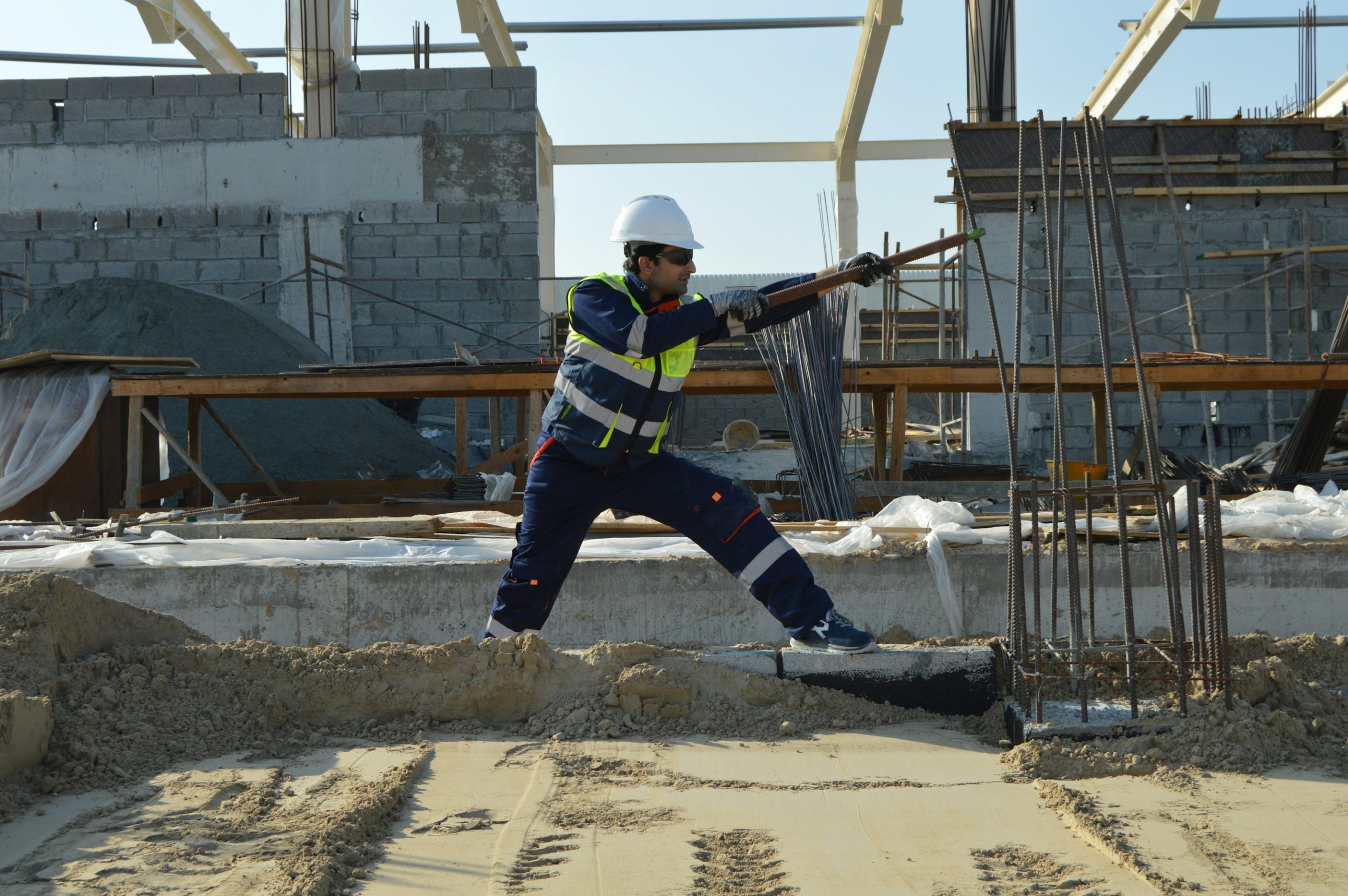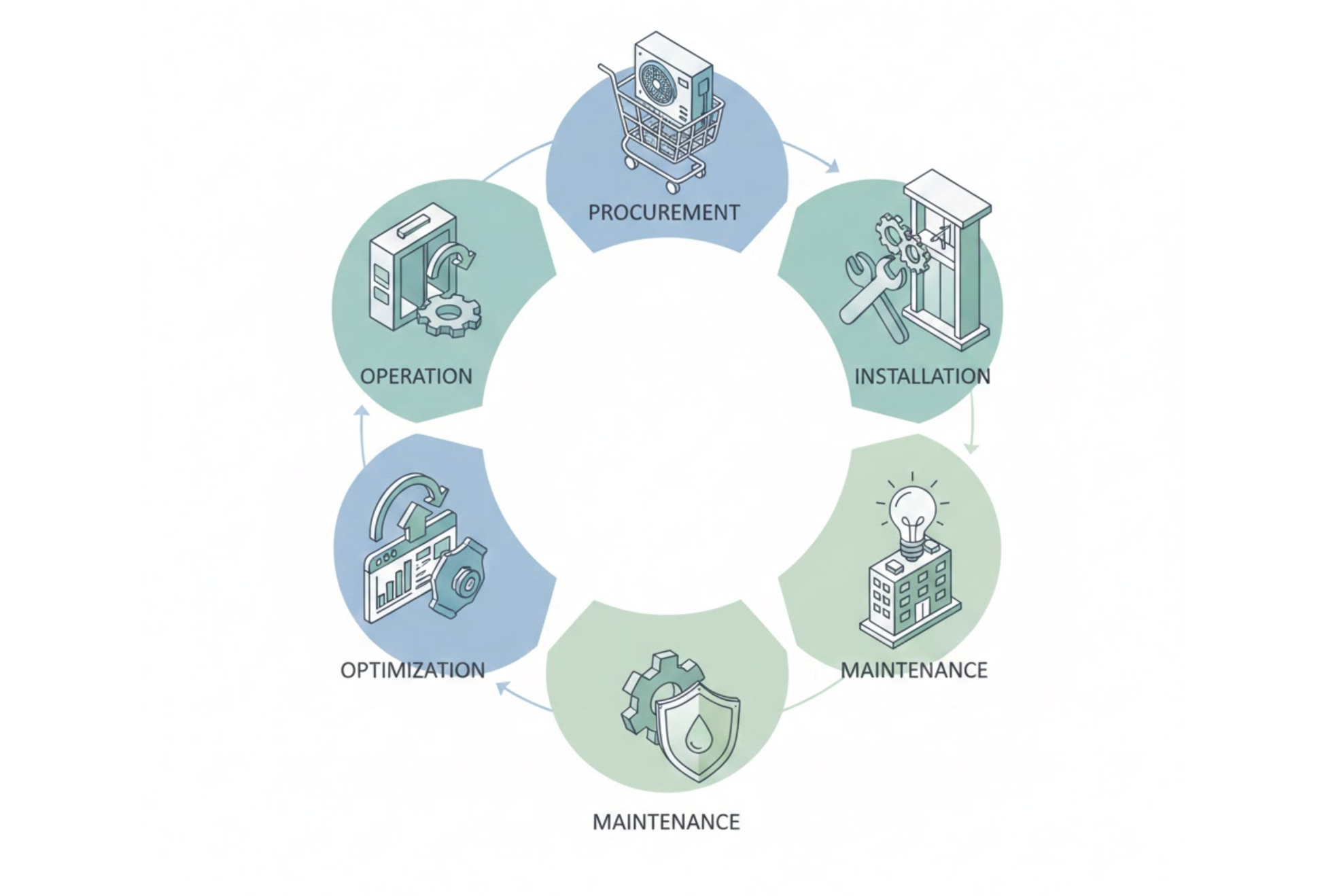Why Authority Approvals Are the Bottleneck of Middle East Projects
Authority approvals are critical aspects of construction management that can either facilitate smooth project execution or significantly hinder it, especially in the Middle East region. With the construction sector experiencing remarkable growth, the delays and bureaucratic hurdles associated with obtaining necessary authority approvals have emerged as major bottlenecks. This blog post will explore the reasons behind these delays and how innovative solutions like those offered by Zepth can mitigate the challenges faced in project management.
Delays and Project Overruns
The construction industry in the Middle East is notorious for delays, with some reports indicating that projects can experience an average increase of 22.5 months—equivalent to 83% of the original project duration (according to HKA’s CRUX Insight Report). Various external factors, particularly geopolitical conflicts, only serve to exacerbate these delays by disrupting supply chains and impacting overall operational efficiency.
Such extensive delays can derail project budgets, complicating resource allocation and leading to significant financial losses. Thus, identifying the root causes of these postponed timelines becomes essential for the stakeholders involved.
Complexity of Approval Processes
The approval processes generally encountered in the region involve multiple layers of bureaucracy that can be cumbersome. Traditional paper-based systems, which are still prevalent in many areas, add a layer of complexity to the approvals. These systems can result in incomplete paperwork, misplaced documents, and elongated meetings aimed at resolving ongoing conflicts and miscommunications. Consequently, project advancements stall while waiting for approvals that could be resolved more efficiently.
With the emergence of innovative strategies, it becomes clear that moving away from paper-based systems and adopting digital management solutions could significantly alleviate these challenges. For instance, Qatar’s introduction of the Moazanah digital management system has transformed and enhanced the efficiency of its budgetary review and approval processes, albeit it remains an exception in a landscape where traditional systems dominate.
Regulatory and Approval Processes
Historically, most projects in the region have adhered to paper-based approval processes. However, the landscape is slowly changing with digital advancements. Despite some progress, traditional systems continue to create bottlenecks that delay project commencement and completion.
Additionally, the complexity extends beyond merely obtaining permits; projects often require environmental impact assessments and stringent compliance with international codes of conduct. These requirements can put project timelines at risk, as seen in the NEOM project, which attracted scrutiny due to insufficient feasibility studies and budget miscalculations.
Financial Implications
The considerable delays tied to authority approvals not only have operational impacts but also extend into the economic sphere. For example, in Saudi Arabia, prolonged timelines necessitated reevaluations of economic transformation plans and budget strategies. The financial ripple effects from delays can cast a long shadow over project financing and funding, underlining the necessity for developing effective strategies aimed at expediting the approvals.
Best Practices and Solutions
To tackle the bottleneck of authority approvals efficiently, several best practices and technological solutions can be implemented:
- Digitalization: Embedding digital management systems simplifies tracking and automation of approval processes, reducing the potential for paperwork mistakes and speeding up decision-making.
- Streamlined Systems: Establishing more efficient, transparent approval mechanisms can help in lessening bureaucratic red tape and subsequent waiting times.
- Integrated Project Management: Utilizing advanced construction management tools, such as the jobsite management features offered by Zepth, enhances project planning and coordination, which can help mitigate delays.
Role of Zepth
Zepth champions the cause of mitigating bottlenecks caused by authority approvals through its suite of advanced construction management solutions. By utilizing Zepth’s tools, stakeholders can:
- Automate approval processes, facilitating reducing time spent waiting for approvals.
- Enhance transparency and communication among all stakeholders involved in the project lifecycle.
- Implement real-time project tracking, which aids significantly in identifying and eliminating inefficiencies.
- Streamline and reduce bureaucratic layers through integrated systems that connect various aspects of the project management process.
These functionalities not only alleviate delays but also improve project efficiency, relieving some of the financial burdens rooted in prolonged timelines.
In conclusion, awareness of the hurdles presented by authority approvals in the Middle East construction sector can empower stakeholders to make informed decisions. Digital tools, such as those offered by Zepth, emerge as game changers in reshaping the approval landscape, ultimately driving project success and improved bottom lines.
For more information on how Zepth can assist with efficiently managing construction projects, visit the Zepth website and explore our comprehensive solutions for achieving project success.




